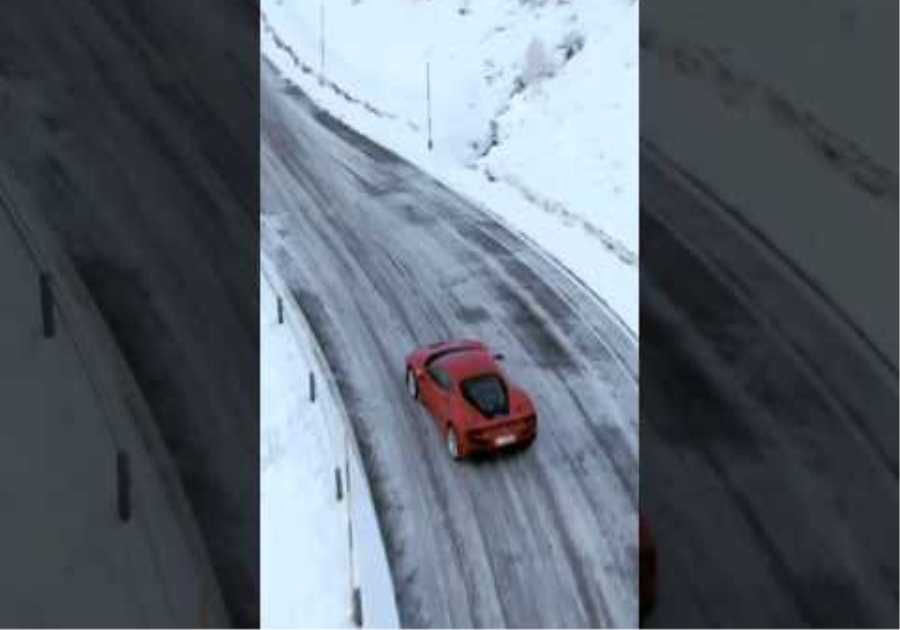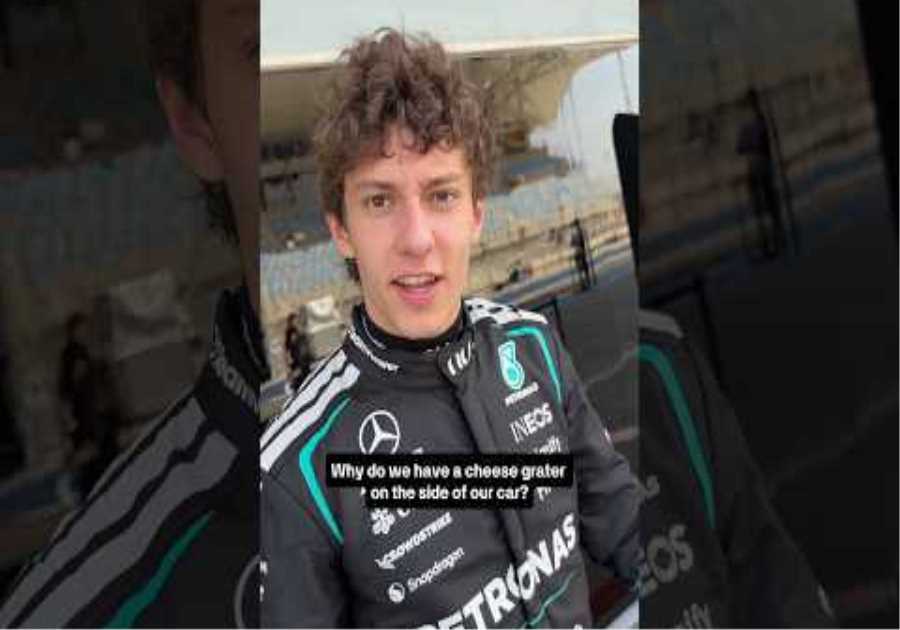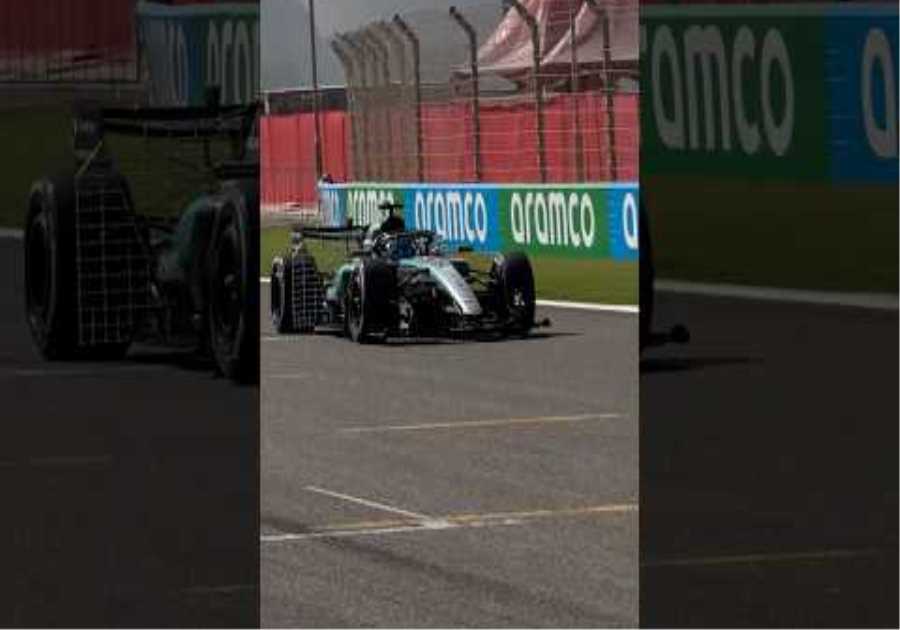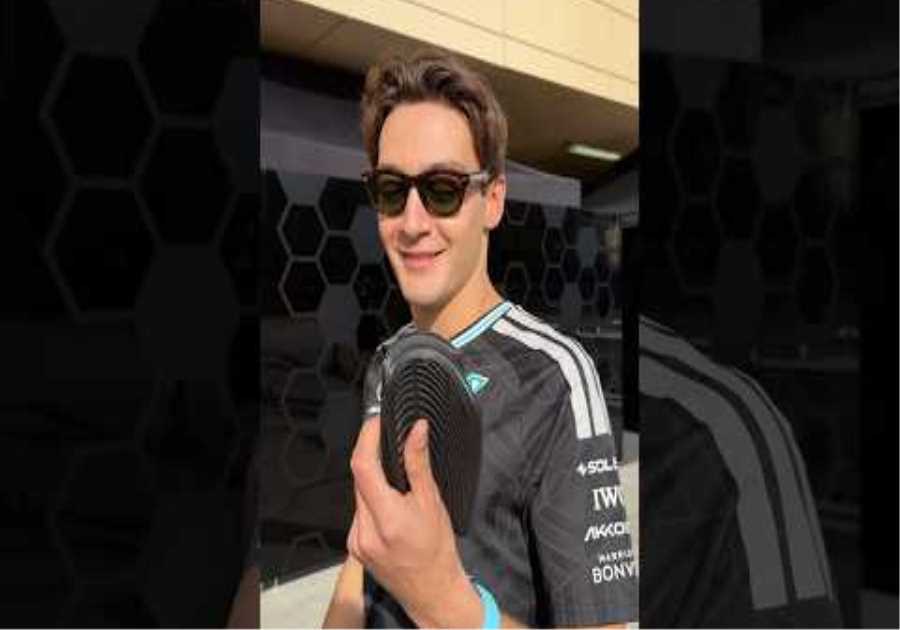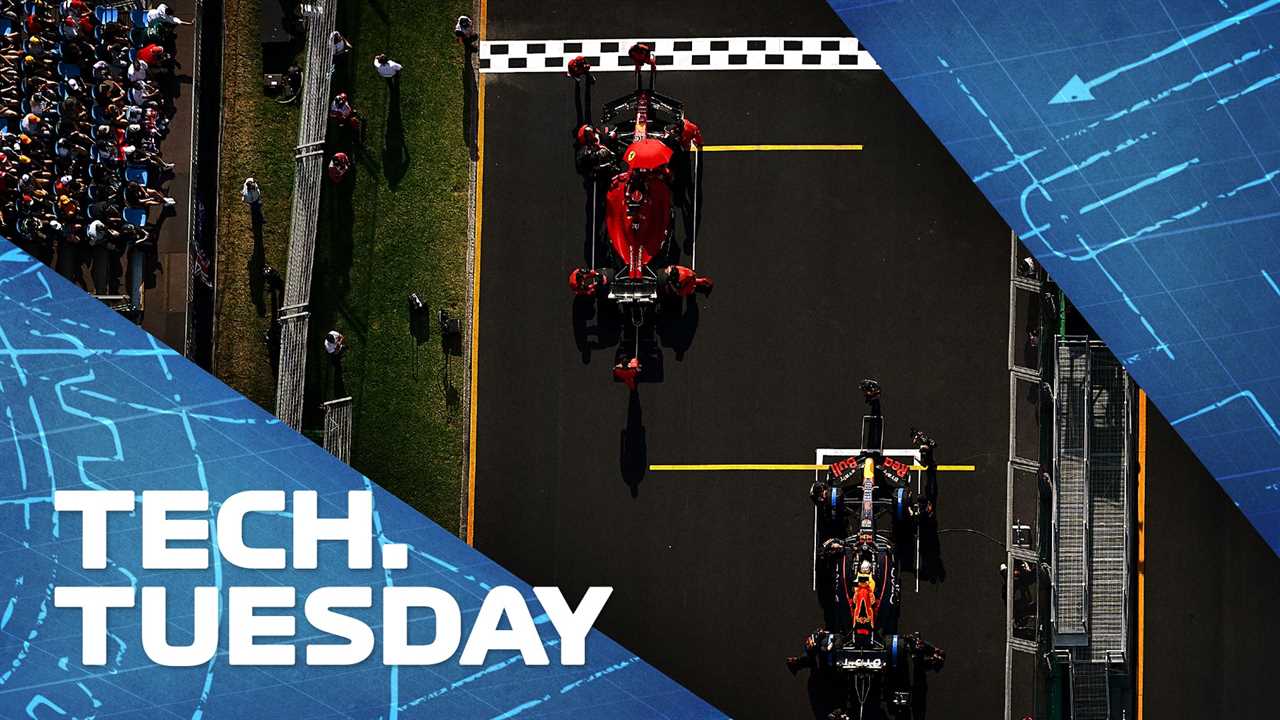
Mark Hughes weighs up the strengths of Ferrari and Red Bull to see which of the championship-contending teams is best placed to ace the upcoming Emilia Romagna Grand Prix weekend.
Despite what the current reliability-skewed championship points suggest, the two fastest cars are currently the Ferrari F1-75 and Red Bull RB18.
The Ferrari appears to have the edge overall but the Red Bull has shown so far an advantage in end-of-straight speeds. The longer the flat-out top gear stretches of a circuit are, the more valuable that Red Bull trait is – and it’s probably not a coincidence that Red Bull’s only pole and victory came so far on the super high-speed Jeddah Corniche Circuit.
Verstappen’s pole and victory came in Saudi Arabia – and the standings have been skewed by his DNFs in Bahrain and Australia
The Ferrari’s advantage so far has tended to be in low-speed corners and acceleration. The upcoming Imola track has an extended high-speed section (Sector 1) followed by a sequence of downforce and acceleration-rewarding corners linked by relatively short straights.
So far, Ferrari have tended to run with more rear wing than Red Bull – going a long way to explaining the differences in their relative strengths and weaknesses.
READ MORE: Ferrari favorites on home soil as the Sprint returns – 5 storylines we’re excited about ahead of the Emilia Romagna GP
When choosing a rear wing level, the ultimate trade-off between downforce and drag will vary from car to car. The effectiveness of the car’s underbody in creating downforce will be one of the key parameters determining this (downforce generated by the floor creates only around one-third of the drag as downforce created by the wings).
Engine performance will be another crucial factor. Perhaps the Red Bull’s floor generates more downforce or the Ferrari has more power, or some combination of both.
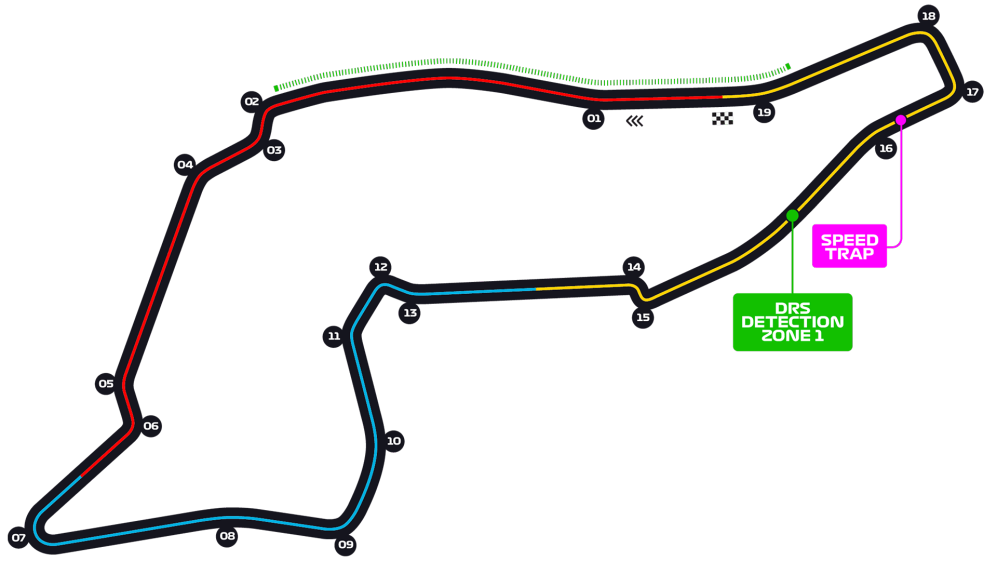
Imola’s high-speed first sector is followed by some slower-speed sections (note that the circuit runs anti-clockwise)
Each car will have its own ‘happy place’ – a range of wing levels where the car will be operating at its peak efficiency.
The Ferrari’s happy place appears to be with a greater wing area than the Red Bull’s. This implies, at circuits that generically demand more wing level, the Ferrari’s advantage over the Red Bull will be at its greatest. Those which generically demand low wing levels should see the Red Bull at its best, relative to Ferrari.
F1 NATION: Previewing a ‘crucial’ Imola Sprint and Grand Prix as Sainz aims to bounce back
What we also see, looking at the GPS traces around the three circuits so far visited, is that the Ferrari appears to be either shorter-geared or more powerful at low revs. There have been corners at all three tracks so far visited where the Ferrari is a gear up on the Red Bull, suggesting that its overall gearing may be shorter.
Some combination of shorter gearing and greater power deployment would go a long way to offset the Red Bull’s greater end-of-straight speed. If a corner exit advantage onto the straight is big enough, that advantage can be carried for quite some distance before the lower drag car allows it to be going faster.
The crucial point is how long it takes to get from the beginning of the straight to the end of it, rather than how fast they are each going through the speed trap at the end. It’s perfectly feasible for the low-drag car that is fastest through the speed trap to be taking longer to get down the straight than the car that is towards the bottom of the speed trap list.
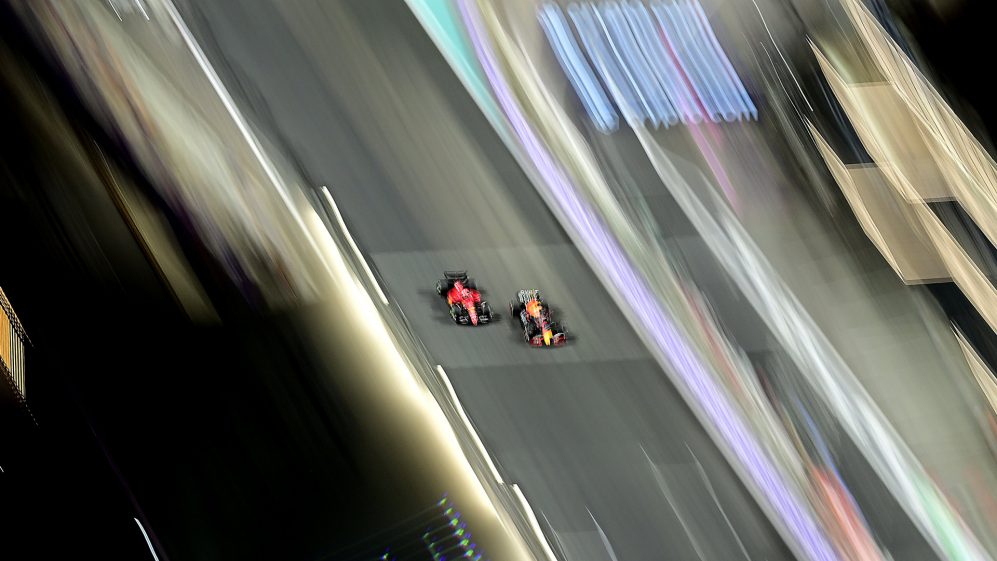
The car that is fastest through the speed trap isn’t necessarily the fastest down the straight
For an order of magnitude feel of how the Ferrari and Red Bull compare in this regard, we can look at the Bahrain track. There, the Red Bull was traveling significantly faster by the end of the pit straight. It was slower exiting the Turn 1-2 sequence than the Ferrari and therefore slower onto the following straight but was going marginally faster by the time they reached the braking point for Turn 4.
The Red Bull was getting down the pit straight in less time than the Ferrari despite entering it slower. But in the shorter straight up to Turn 4, the Ferrari was getting down there in less time despite being slower at the end. On the shorter straight between Turns 10 and 11 the Red Bull did not have enough pace and was actually still traveling slower at the end of that straight than the Ferrari.
READ MORE: 6 clever race strategies from F1 history that paid big
2022 Bahrain Grand Prix: Leclerc and Verstappen in epic scrap for race lead
In Melbourne, partly because of the rear tire graining seen by Red Bull on Friday, the rear wing angle was increased relative to Ferrari. It was still running less wing than the Italian car for the remainder of the weekend, but the difference was smaller than at the previous two tracks.
This was when the Ferrari’s advantage was at its greatest. The data may be skewed by the chassis imbalance suffered by Red Bull in Sector 3 at Albert Park, but this pattern suggests that the Red Bull finds less lap time from greater wing level than the Ferrari.
READ MORE: How does the F1 Sprint work? The format explained ahead of Imola
The margins are small enough that any differences in the quality of the respective drivers’ laps could overcome it, but the suggestion is so far that the Ferrari is faster over a wider variety of layouts.
Looking at Imola, the first sector (from the start/finish to the braking zone for Tosa) is a very long flat-out blast punctured by two chicanes. Based on what we’ve seen so far that looks likely to be Red Bull’s best sector. The frequent acceleration and power-rewarding sections (notably up the hill out of Acque Minerale) of the remainder of the lap look as if they could have been made for the Ferrari.

